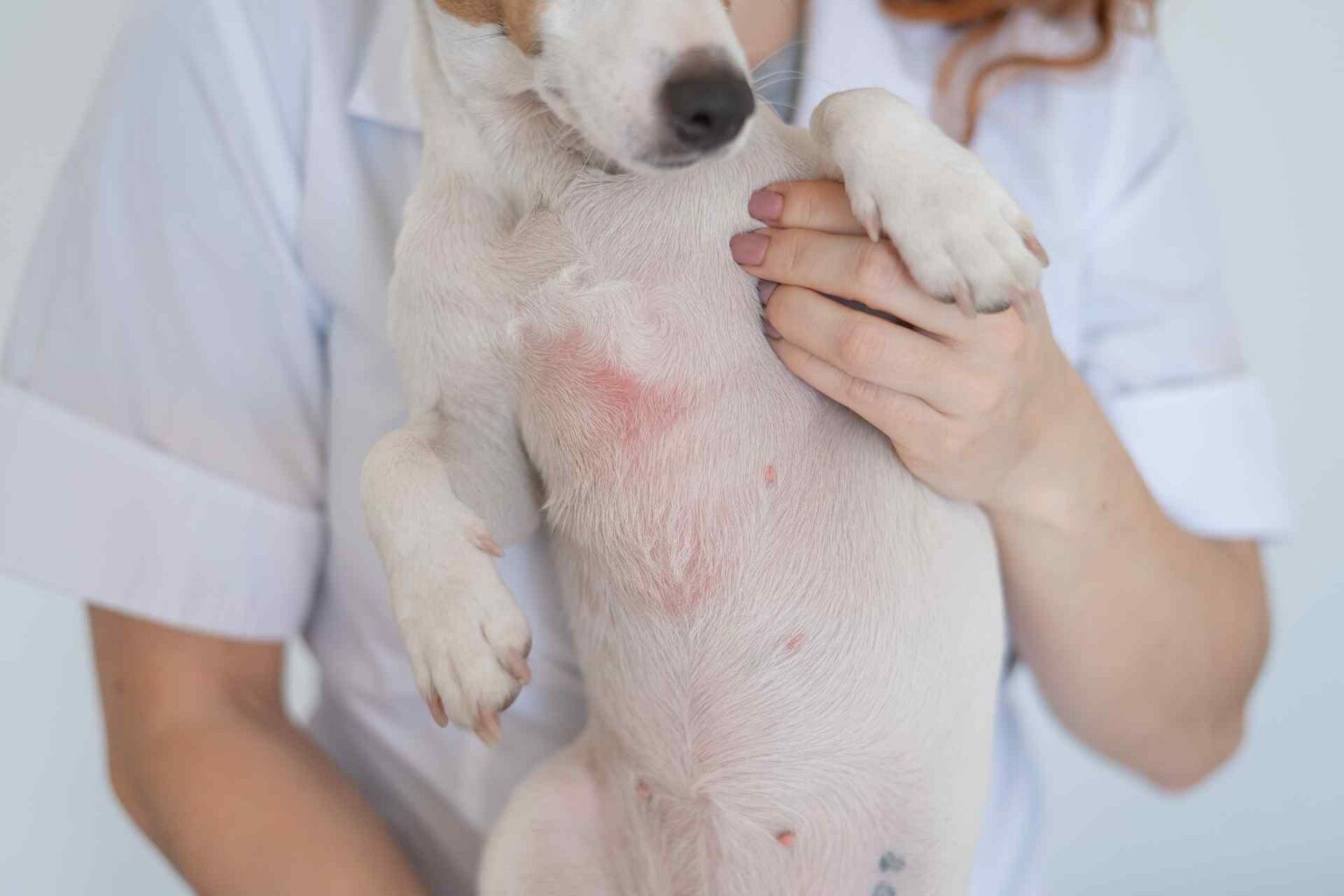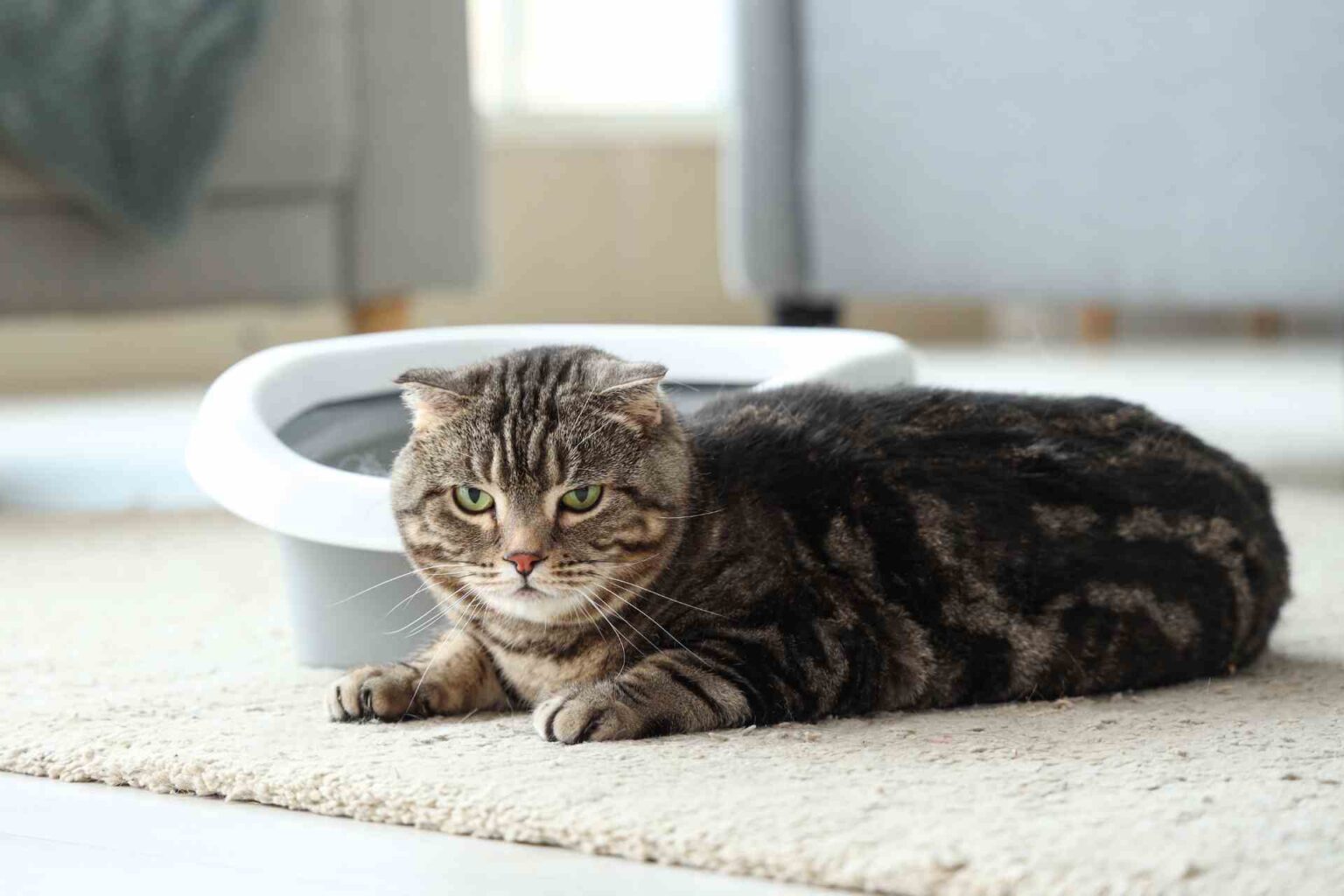Inflammatory bowel disease (IBD) in dogs represents a group of enteropathies characterized by chronic signs of gastrointestinal pathology, exclusion of systemic, infectious, endocrine, and neoplastic causes, and histopathologic evidence of inflammation of the intestinal mucosa.
Theetiology of the disease is not entirely clear; it is believed to result from a complex interaction between the animal’s genetic characteristics, environmental factors, immune system, and gut microbiome.
A wide range of microorganisms colonize the gut, and the interaction between them and the host is crucial since the gut microbiome plays a role in various functions of the body, such as in metabolism and protection from pathogens.
Dysbiosis and metabolomic profiles
The dysbiosis index (ID) is a PCR-based test that assesses the total abundance of intestinal bacterial microorganisms and the abundance of seven specific bacterial taxa with important metabolic functions.
In the context of the gut microbiome, the study of metabolomics, also supported by ID, could lead to a greater understanding of the various mechanisms underlying IBD and could provide valuable tools in clinical diagnosis and treatment.
Gut dysbiosis and changes in fecal metabolomic profiles, particularly in short-chain fatty acid and bile acid metabolism, have been reported in dogs with IBD. However, data, to date, are few and not entirely clear.
Yorkshire terriers at risk for IBD and chronic enteropathy
AlthoughIBD and/or chronic enteropathy (CE) can potentially affect any dog, some breeds show specific pathological phenotypes. In dogs belonging to the Yorkshire terriers breed, in particular,enteropathy manifests with typical clinical signs associated with protein loss due to intestinal abnormalities.
This led to the definition of a characteristic form of enteropathy associated with the Yorkshire terriers breed: “Yorkshire terrier enteropathy” (YTE).
The fecal microbiome and metabolomic profiles under YTE conditions have not yet been studied and may differ from what can be detected in cases of enteropathy in other dog breeds.
The purpose of Galler et al.’sstudy, published in Scientific Reports, was to analyze the fecal metabolome and ID of Yorkshire terrier dogs with treatment-naïve YTE by comparing them with healthy Yorkshire terrier dogs.
The dogs enrolled in the work were classified into three groups:
- 14 dogs with active YTE;
- 11 dogs with YTE in clinical remission after treatment with specific dietary regimen;
- 26 healthy dogs (control group).
The results of the study showed that YTE was associated with dysbiosis and significant increases in fatty acids (specifically, docosanoate, gondoate, erucate, nervonate, and linolenate) and plant sterols (campesterol and brassicasterol).
In dogs with YTE, theabundance of the genus Fusobacterium, of the species Clostridium hiranonis and fecal concentrations of bile ursodeoxycholic acid and sitostanol phytosterol were significantly reduced compared with healthy dogs.
Dysbiosis, the decrease in abundance of Fusobacterium and of Clostridium hiranonis and reduced fecal concentrations of bile acids and sterols found in dogs with YTE were not restored after clinical remission of disease. No statistically significant difference was detected in the ID or abundance levels of Fusobacterium and of Clostridium hiranonis Between YTE dogs before and after treatment.
Future implications
The study showed characteristic changes in the microbiome and fecal metabolic profile of Yorkshire terriers dogs with YTE. In particular, an imbalance was observed in the metabolism of bile acids, sterols, and fatty acids.
Given the important implications that these compounds may have in inflammation, a condition underlying IBD, new potential study scenarios are opening up that could provide greater clarity on the role of these metabolites in disease.
Understanding and recognizing the peculiar differences that can occur between different dog breeds in relation to a given disease can really offer a great opportunity for optimizing the therapeutic approach.
Reference
Galler AI, Suchodolski JS, Steiner JM, Sung CH, Hittmair KM, Richter B, Burgener IA. Microbial dysbiosis and fecal metabolomic perturbations in Yorkshire Terriers with chronic enteropathy. Sci Rep. 2022 Jul 28;12(1):12977. doi: 10.1038/s41598-022-17244-6.











